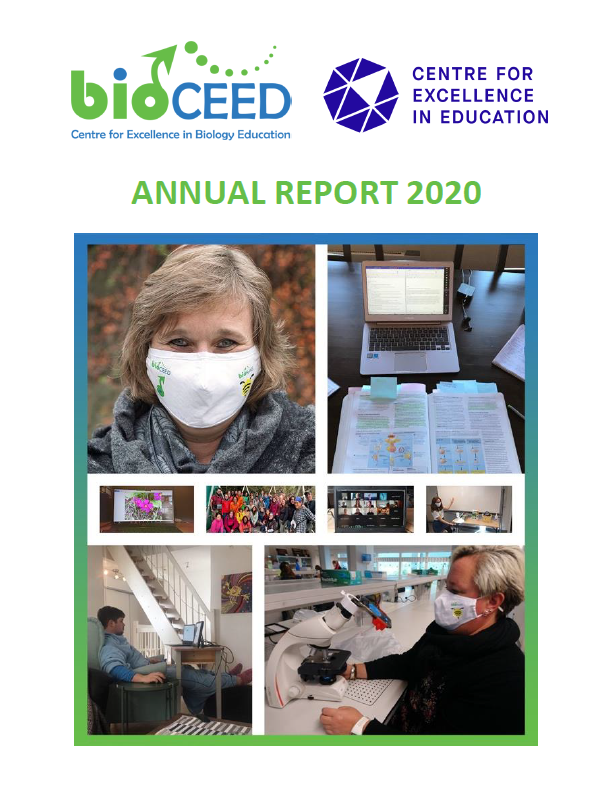Impressions from ISSOTL CONNECT 2021 – on positive feedback, empathy and strong women
The ISSOTL conference 2021 from February 24-26 was held digitally, a result of covid-19. This gave several teachers at UNIS the chance to participate online. After some initial confusion concerning mean Greenwich time, and how again this is related to Norwegian timekeeping, I found my way through the program. According to the organizers, the biggest challenge was the various time zones, the conference was trying to embrace, stretching from Asia Pacific through Europe to North America, with both life sessions and recorded sessions. I am impressed.
Being new to ISSOTL, I was hoping to find enlightenment as to what this is all about when following the opening session. While I got the general idea there, I can highly recommend joining the office hours where caring fellows explained the concept and guided me through their questions as to what ISSOTL really is about.
The conference was divided into three prerecorded Clusters; Cluster 1 — Diversity, Equity, Inclusion, & Justice in and through SoTL; Cluster 2 — SoTL in COVID times and Beyond; Cluster 3 — SoTL Partnerships, all three clusters showing a wide variety of presentations. Those who have missed the conference or would like to listen to some talks again, please find the recorded talks here: International Society for the Scholarship of Teaching and Learning – YouTube.
Out of the wide variety of talks, I can only be subjective of what I choose to highlight here. What surprised me maybe the most was the talk by Christen Dutcher in Cluster 1 “Inclusion through Balanced Reflections”. The importance and the wish for (solely) positive feedback by the students was quite shocking to me. And I’m not sure we, as teachers, should agree with the prospect of positive feedback only – how would you know where to improve? But it highlights how important positive reinforcement is to many of us. Touching, on the other hand, was the presentation by Lisa McKendrick-Calder, Christine Shumka, Tanya Heuver, Cheryl Pollard, Kylie Morey, Thomas Chase, and Shivani Solanki “Impacts of COVID-19: Anxiety in the Learning Environment”. Having lived in a bubble on our island in the Far North, this made me understand how students felt and how severely their lives were affected by covid-19.
Last but not least, as a natural scientist I was deeply impressed with the presence of strong and highly professional women leading many of the talks, the office hours, and giving presentations. This may be part of normal life in pedagogy conferences, but we at UNIS agreed that in natural sciences we are far from that ideal. So, I say: we still have some way to go!
– Associate professor Simone Lang, UNIS



